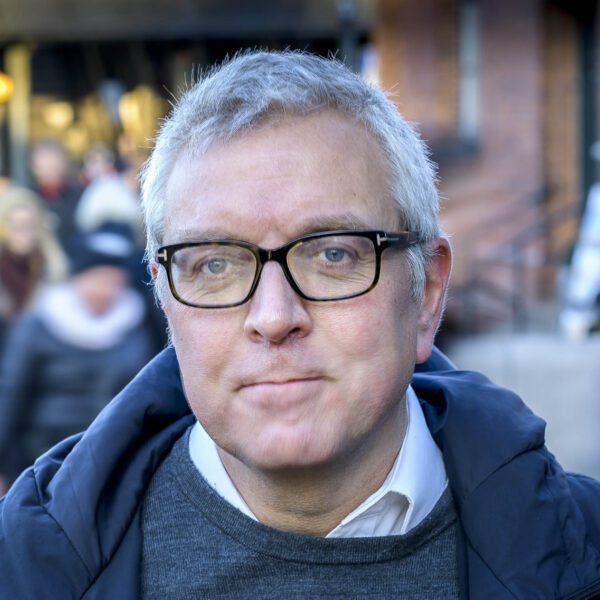
Kalle Åström is a Professor at the Centre for Mathematical Sciences at Lund University. Professor Åström joined WASP in 2015.
Cluster leader for the WASP cluster Perception and Learning. Supervisor of academic and industrial WASP PhD students.
WASP is a fantastic project both in terms of funding and in terms of enabling excellent research and increased cooperation within both academic groups and industry.
The WASP project has been instrumental for increased cooperation within Swedish academic groups, and with Swedish industry. The strategy to work both with strategic recruitment to academia and with research project funding has been successful. I also enjoy the high standard of the WASP project and its focus on excellence.
I am interested in research on computer vision and machine learning. We do basic research on geometry and machine learning, but we are also interested to see how these methods can be used in other research areas, in industry and in public sector. We have put some effort into developing tools for solving systems of polynomial equations using algebraic geometry, for example
These tools are then used to solve robust estimation problems concerning vision, sound or radio (see for example: Larsson, Flood, Oskarsson & Åström (2021). Fast and robust stratified self-calibration using time-difference-of-arrival measurements. In ICASSP 2021-2021 IEEE International Conference on Acoustics, Speech and Signal Processing (ICASSP) (pp. 4640-4644)).
We also study applications of computer vision and machine learning (see for example: Broms, Nilsson, Oxenstierna, Sopasakis & Åström (2023). Combined analysis of satellite and ground data for winter wheat yield forecasting. Smart Agricultural Technology, 3, 100107).
Research on computer vision and machine learning is being used in projects related to forestry and agriculture. This has the potential to increase carbon sequestration, understand biodiversity and has economic impact. Research on image analysis and machine learning are important for the future health care system. Research on computer vision and positioning is an enabler for autonomous vehicles and drones.